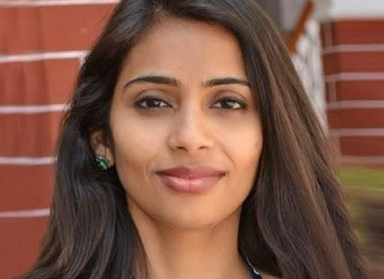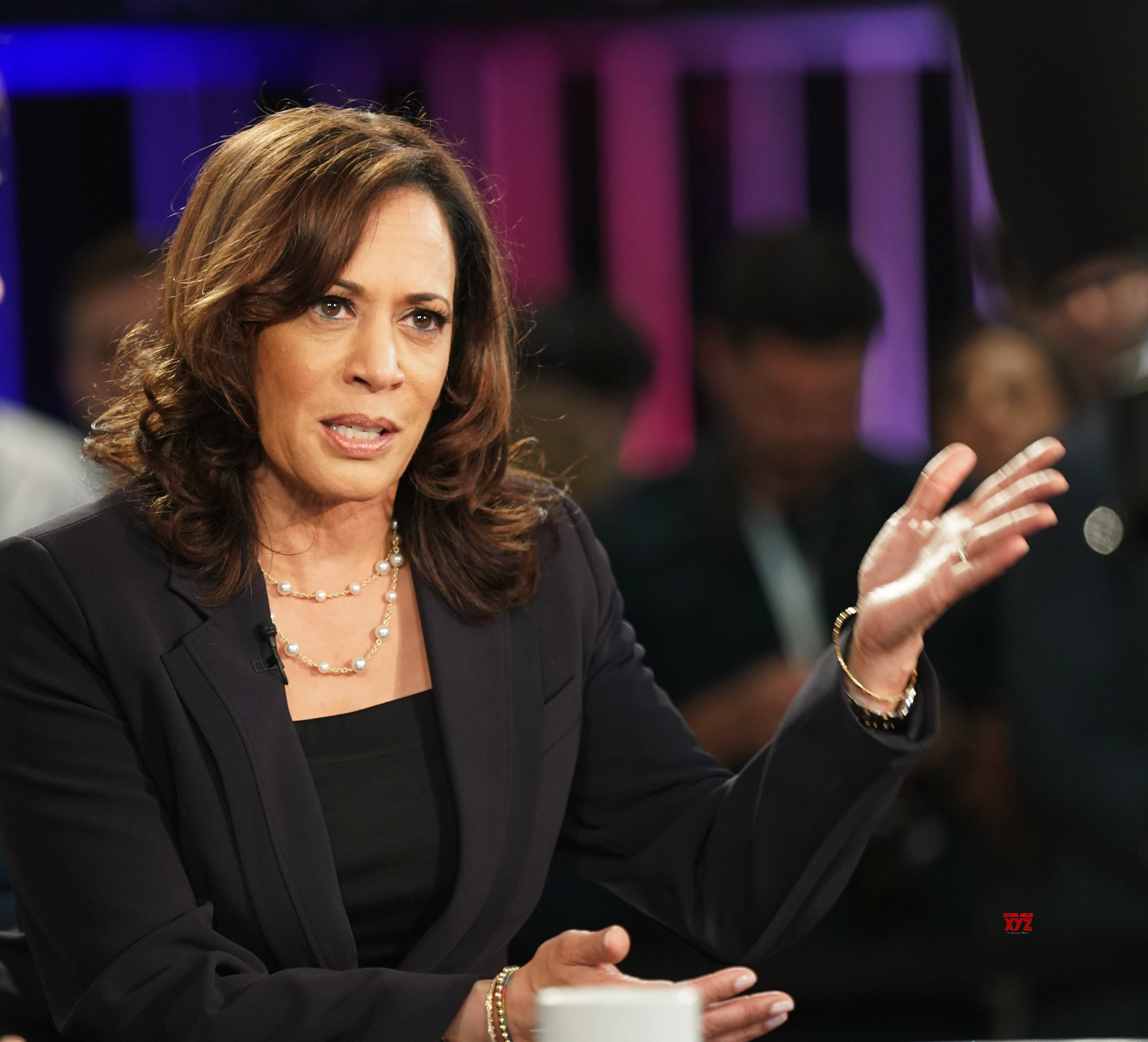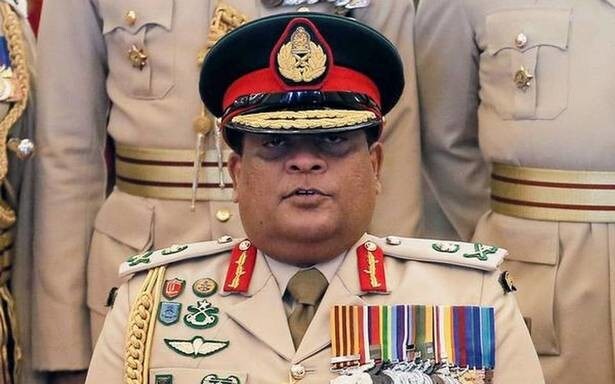 NEW YORK: Indian diplomat Devyani Khobragade does not enjoy immunity from criminal prosecution on charges of visa fraud and making false statements, the US State Department has said in papers submitted before a court here.
NEW YORK: Indian diplomat Devyani Khobragade does not enjoy immunity from criminal prosecution on charges of visa fraud and making false statements, the US State Department has said in papers submitted before a court here.
The declaration, dated January 29 and signed by Attorney-Advisor in the Office of the Legal Advisor of the Department of State Stephen Kerr, was submitted in court yesterday by Manhattan’s federal prosecutor India-born Preet Bharara in support of his memorandum opposing 39-year-old Khobragade’s motion to dismiss the indictment against her.
It concludes that federal authorities were not wrong in arresting and detaining Khobragade on visa fraud charges on December 12 last year since she did not have full diplomatic immunity in her capacity as India’s Deputy Consul General.
“The Department of State concludes that Dr Khobragade did not enjoy immunity from arrest or detention at the time of her arrest in this case, and she does not presently enjoy immunity from prosecution for the crimes charged in the indictment,” the State Department declaration said.
The declaration is part of eight supporting documents that Bharara has submitted in court as proof that Khobragade is not immune from prosecution and that the indictment against her should not be dismissed.
Bharara’s motion is in response to a request made by Khobragade’s lawyer Daniel Arshack on January 14 that asked the court to dismiss the indictment and terminate any “open” arrest warrants or requests for her extradition.
Arshack argued that Khobragade was “cloaked” in diplomatic immunity and cannot face prosecution in the US.
Bharara said the State Department, “whose views must be given great weight”, has “unequivocally concluded” that Khobragade did not employ her domestic worker Sangeeta Richard in her capacity as Deputy Consul General and so does not enjoy immunity from prosecution for the “crimes” for which she was arrested in December.
The State Department also determined that her immunity in connection with her short-lived stint at the Indian mission to the UN from January 8 to January 9 before she was asked to leave the US “is no bar to prosecution.”
A 1999-batch IFS officer, Khobragade was arrested on visa fraud charges, strip-searched and held with criminals, triggering a row between the two sides with India retaliating by downgrading privileges of certain category of US diplomats among other steps.
She was indicted on visa fraud and making false statements by a US grand jury. She returned to India after she was asked to leave the US by the State Department.
“From the time of her departure from the US on January 9 through the present, Khobragade enjoys residual diplomatic immunity only for acts she performed in the exercise of her functions as a member of the mission from January 8 to January 9.
“The acts giving rise to the charges in the indictment were not performed in Khobragade’s exercise of her functions as a member of the mission both because they were performed well before her assignment to the Permanent Mission of India to the UN and because the hiring of Richard was not an official act,” Bharara said, quoting the declaration.
“The defendant currently enjoys no diplomatic status and at the time of her arrest the defendant’s position as a consular official gave her immunity from prosecution for official acts only.
“It did not extend to the crimes charged in the indictment, private acts taken in relation to the employment of a domestic worker and a visa application submitted to the US government in connection with that employment,” he said.
Bharara has alleged that the indictment charges offenses based on Khobragade’s private conduct and not her official conduct. “Her domestic worker was not an employee of the Consulate General of India and did not perform work related to consular functions,” he added.
He said Khobragade’s motion is an attempt to “concoct a theory of immunity” by using a UN accreditation that she had for a brief time during the visit of the Indian Prime Minister for the annual session of the General Assembly last year.
“That attempt fails both factually and legally and it gives her no added immunity from the charges here,” Bharara said, adding that her motion is based exclusively on the “unsupportable claim” that she “somehow obtained and retains” full diplomatic immunity from supposedly assuming a position as ‘Special advisor to the UN’ on August 26, 2013.
Khobragade’s assertion that the UN card gave her immunity is “both convoluted and baseless,” Bharara added.
He said that Khobragade’s claims that she had diplomatic immunity from August to December 2013 as a member of India’s delegation to the UN is “incorrect and is flatly rejected by the State Department.”
The State Department declaration notes that Khobragade was “not exercising any function” related to the UN at or immediately before or after the time of her arrest.
Neither did she travel from India to New York for business related to the UN, a condition that could have accorded her full diplomatic immunity. The State Department further noted that the UN accreditation record submitted by Khobragade’s lawyer in court shows Khobragade’s date of arrival in the US as August 26, 2013 and her departure date as August 31, 2013.
“These dates are plainly wrong since she was present in the US both before and after that date,” it said.
Bharara said the State Department declaration also makes it clear that while Khobragade’s name appears on a list sent to the US Mission to UN as part of the Indian delegation for the main part of the regular session of the UNGA, the dates given for her appear as August 2013 to August 2016.
“Such a date range is incorrect and meaningless,” since the UNGA meeting was not going to extend past December 2013.
The State Department said her name does not appear on the consolidated list of UNGA delegation members produced by the UN since Khobragade was serving as the Deputy Consul General and not as a Special Advisor.
Further “no dual-accreditation request” for Khobragade was sent to the State Department.
Bharara said at the time of her arrest Khobragade was not exercising any function as member of the Indian UN delegation nor was she traveling to or from the place of a UNGA meeting.
While she is asserting that she was special advisor to the UN during the Indian Prime Minister’s visit, the visit concluded three months before her arrest.
“For a myriad of reasons, the defendant’s assertion that she had diplomatic immunity as a result of some accreditation she had as a member of India’s delegation to UNGA from August 26, 2013 through December 31, 2013 is wrong,” he said.
The government, however, has not objected to Khobragade’s request to exonerate her bail conditions.
“Although ordinarily a defendant is not entitled to litigate issues like bail without actually appearing before the court, because the defendant has left the country, the issue of bail is now moot for all practical purposes.
“If she appears before the court to face the charges at a later date – either following an arrest on the outstanding warrant or upon a decision by her to return to confront the charges – the court will set new bail conditions at that time,” Bharara said. -PTI






